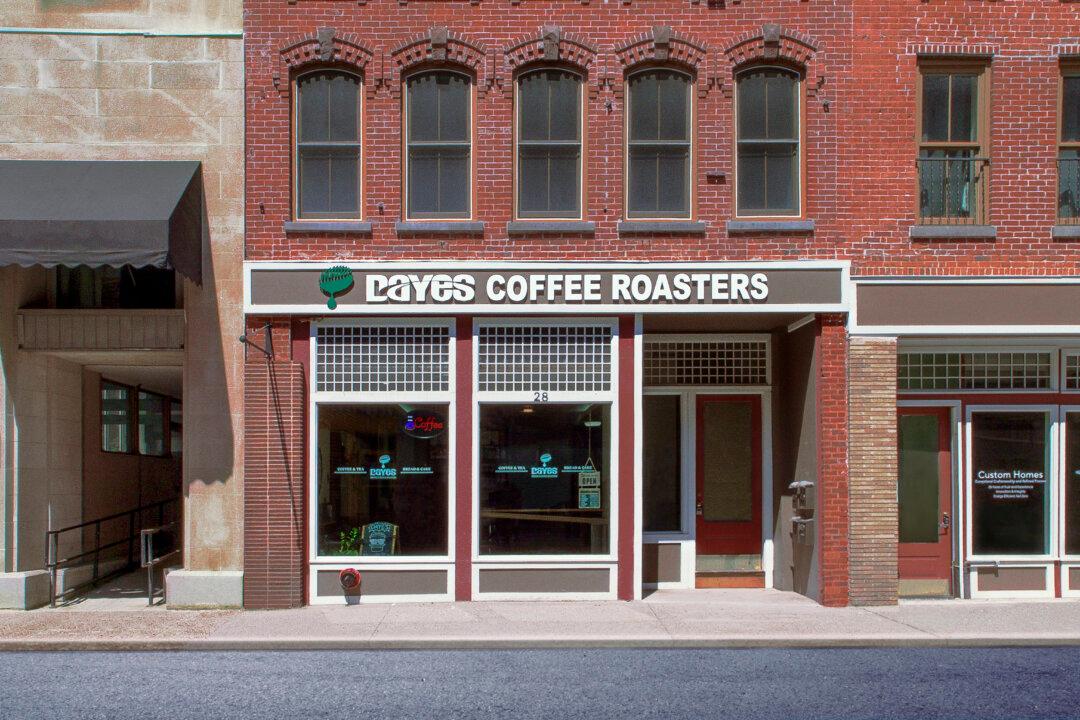It’s easy to see why so many start their day with coffee. It’s a warm, naturally stimulating drink. Even the scent of a freshly brewed pot can be invigorating.
Coffee also comes with some clear health benefits. Coffee beans are high in antioxidants and phenolic compounds, which explains why coffee drinkers have been found to have a lower risk of diseases, such as type 2 diabetes, chronic liver disease, certain cancer types, and reduced all-cause mortality.







